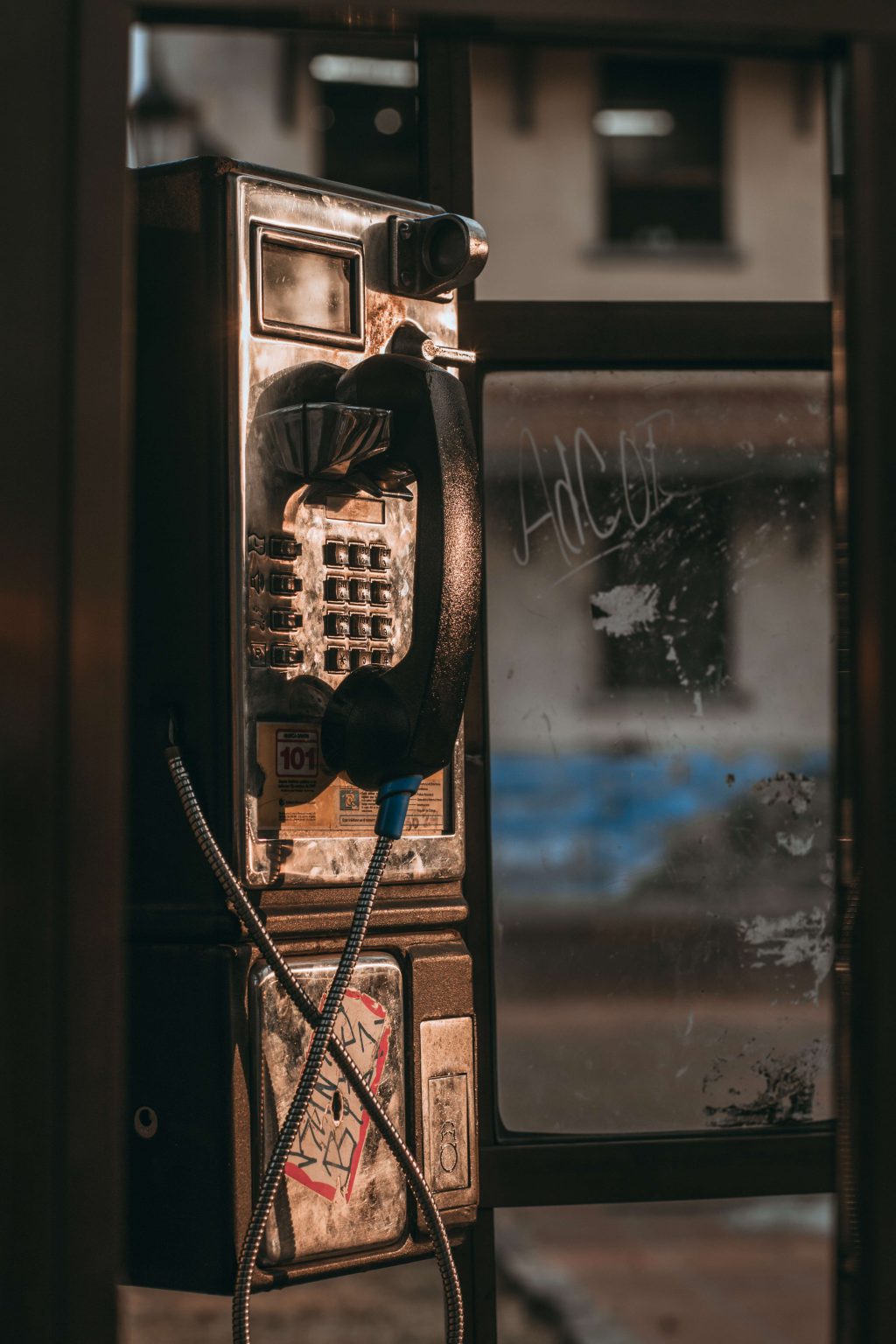
Wole Soyinka’s Telephone conversation is a satire written in 1963 in the form of a telephone conversation between a white landlady and a black man. This poem picturizes the racial discrimination prevalent in the twentieth century. Telephone conversation is a free verse poem written in a descriptive style. Readers can draw the image of a black man who is repeatedly questioned about his color.
The author narrates the scuffles of an African in finding accommodation in America. The speaker underwent many problems to find a stay at a reasonable price. The speaker faced several challenges as a black so he warned the white landlady,” I hate a wasted journey- I am African.”
In the first stanza the speaker mentions ” nothing remained But self-confession.” Poet affirms the mood of an ignorant society that believes being black itself is a sin. Poet purposefully uses “self-confession” to mock their attitude. It also indicates the trauma of the speaker who underwent many mistreatments in the past.
The second stanza begins with two questions from the lady,” HOW DARK?” and ” ARE YOU LIGHT OR VERY DARK?”. Wole Soyinka used all caps to indicate the mood of the white lady who is enthusiastic about the color of the skin.
The man checked his surroundings and he found all objects are assigned a color. He found most of them are red. He could not find anything with black color to associate with him.
The man remained silent and the lady repeated the question “ARE YOU DARK? OR VERY LIGHT?”. He remained silent for a while and replied ” west African sepia.”
She was confused about his description and arrogantly she asked him again ” WHAT’S THAT?, ” DON’T KNOW WHAT THAT IS,” ” THAT’S DARK, ISN’T IT?”
The speaker replied that he is not fully black at least in the palm of his hand and soles of his feet. His reply made the lady pompous and she hung up the call. The speaker on the other end pleaded to the lady ” Madam, wouldn’t you rather see for yourself “.
Wole Soyinka beautifully narrated the pain of the black man and he also mocked the people who evaluate others based on their color. The poem ends with a note to the lady to self-examine herself.
Check out these new books https://www.amazon.ca/books-used-books-textbooks/b?ie=UTF8&node=916520
Read more similar poems here



